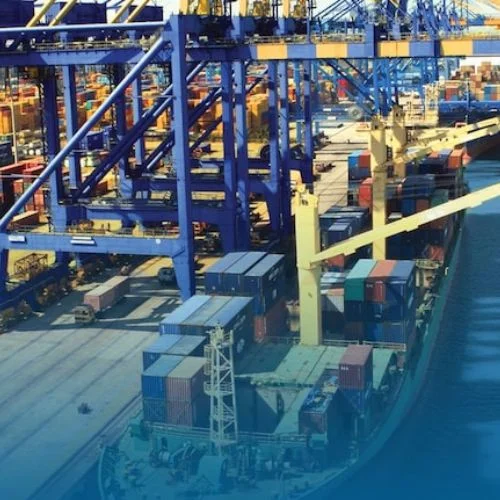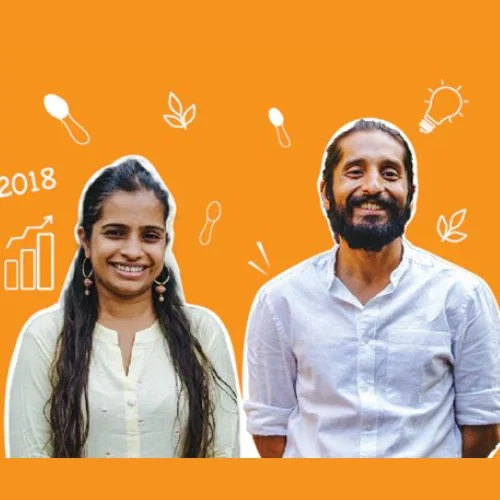In an effort to establish a market to finance reductions in greenhouse gas emissions and establish Indonesia as a significant player in the international carbon trade, Indonesian President Joko Widodo launched the nation’s first carbon emission credit trading on Tuesday.
The third-largest rainforest in the world is found in the archipelago of Indonesia, which is also one of the major emitters of greenhouse gases globally. The nation of Southeast Asia has established a goal to become carbon neutral by 2060.
According to a trading board at the Indonesia Stock Exchange, which facilitates the trade, thirteen carbon credits representing nearly 460,000 metric tonnes of carbon dioxide equivalent (CO2e) from PT Pertamina Geothermal Energy’s (PGEO.JK) projects in North Sulawesi were traded at Tuesday’s opening. The price per tonne was 69,600 rupiah ($4.51).
Some of the biggest banks in Indonesia, including Bank Central Asia (BBCA.JK) and Bank Mandiri (BMRI.JK), as well as other subsidiaries of the state-owned energy company Pertamina and mining firms, were among the buyers.
The president, known as Jokowi, claimed that Indonesia has enormous potential for carbon reduction initiatives, particularly nature-based solutions, and that its carbon market may increase to 3,000 trillion rupiah ($194.30 billion).
“I am very optimistic that Indonesia can become the world’s carbon (market) axis as long as concrete steps are taken consistently and jointly by all stakeholders,” Jokowi said at the inauguration.
The government is trying to develop a plan for further national laws on pollution, which will include a carbon tax, said Luhut Pandjaitan, a senior minister in charge of regulations for carbon pricing, during the launch. Trading would initially be optional.
Since February, trade in pollution permits has started at some of Indonesia’s largest coal-fired power plants.
The government will set emission limits for four additional sectors: forestry, industrial processes and product use, agricultural, and waste management, according to a representative of the environment ministry.
In order to be able to sell its carbon credits to overseas purchasers, Luhut said Indonesia will also adopt international standards and quicken its efforts to win mutual recognition from other markets. However, he emphasised that cross-border carbon trade should not interfere with Jakarta’s own aim set by the Paris Agreement.
Blockchain technology is used to record transactions in the emission trading scheme, according to Luhut.















